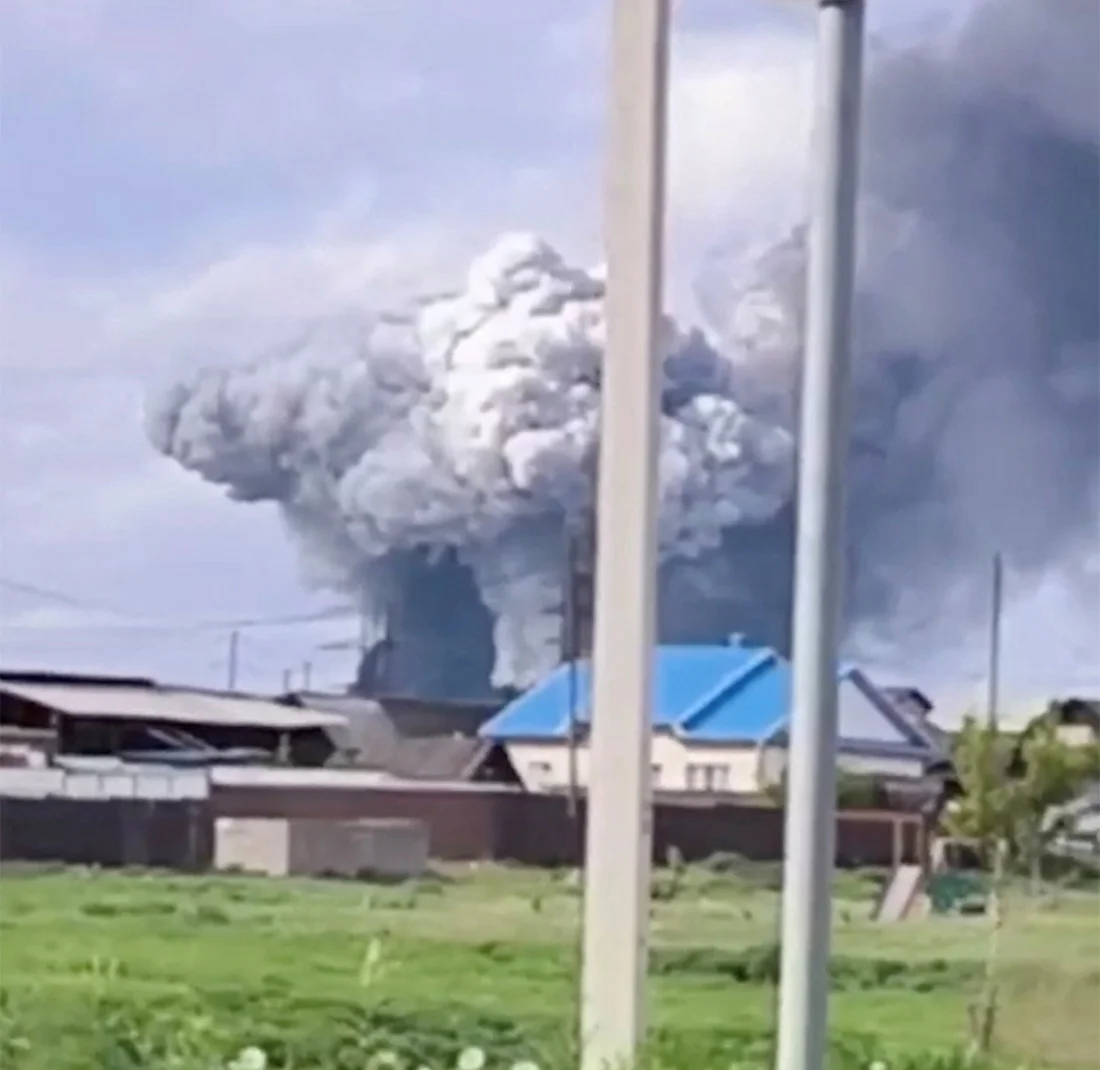Search This Blog
money saving tips for canadians, best saving tips for canadians of all ages. MoneySavings and Canadian news, financial news
Featured
article
- Get link
- X
- Other Apps
Rising Tensions: Ukraine’s Drone Strikes on Russian Bombers Spark Escalation Concerns

Ukraine’s recent drone strikes on Russian bombers have raised alarm over escalating tensions in the ongoing conflict. U.S. President Donald Trump’s envoy for Ukraine, Keith Kellogg, warned that the risk levels are “going way up” following Ukraine’s attacks on nuclear-capable bombers stationed at airbases deep inside Russia.
The strikes targeted airfields in Siberia and Russia’s far north, hitting locations up to 4,300 km (2,670 miles) from the front lines. While the physical damage to Russia’s bombers may be limited, Kellogg emphasized the psychological impact on Moscow, particularly given reports of a possible Ukrainian attack on a naval base in northern Russia.
The attacks have heightened concerns about the stability of the nuclear triad—Russia’s strategic system comprising bombers, land-launched intercontinental ballistic missiles, and submarine-launched ballistic missiles. With Russia and the U.S. holding the majority of the world’s nuclear weapons, any disruption to this system could have far-reaching consequences.
Meanwhile, diplomatic efforts to resolve the conflict remain stalled. Talks between Russia and Ukraine in Istanbul yielded little progress, with both sides maintaining vastly different positions. As Ukraine continues to push back against Russian forces, the international community watches closely, wary of further escalation in an already volatile situation.
Popular Posts
Trump's Six Words: "I'm Going to Stop the Wars"
- Get link
- X
- Other Apps
Fiscal Challenges Ahead: U.S. Bonds Face Uncertainty Under Trump’s New Term
- Get link
- X
- Other Apps


Comments
Post a Comment